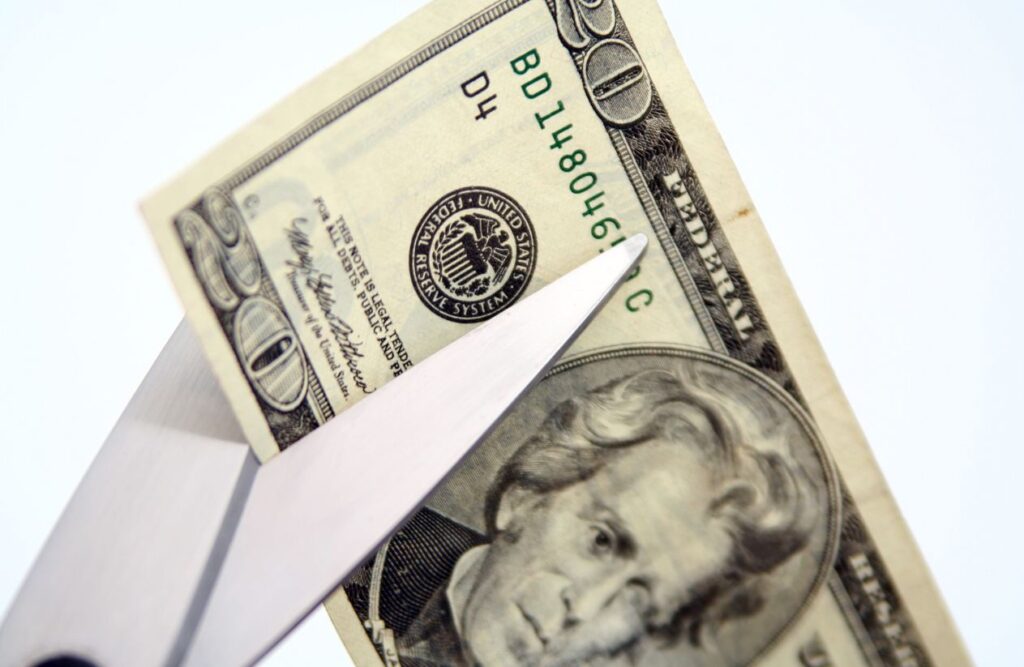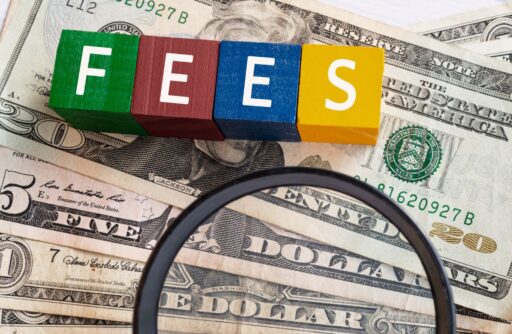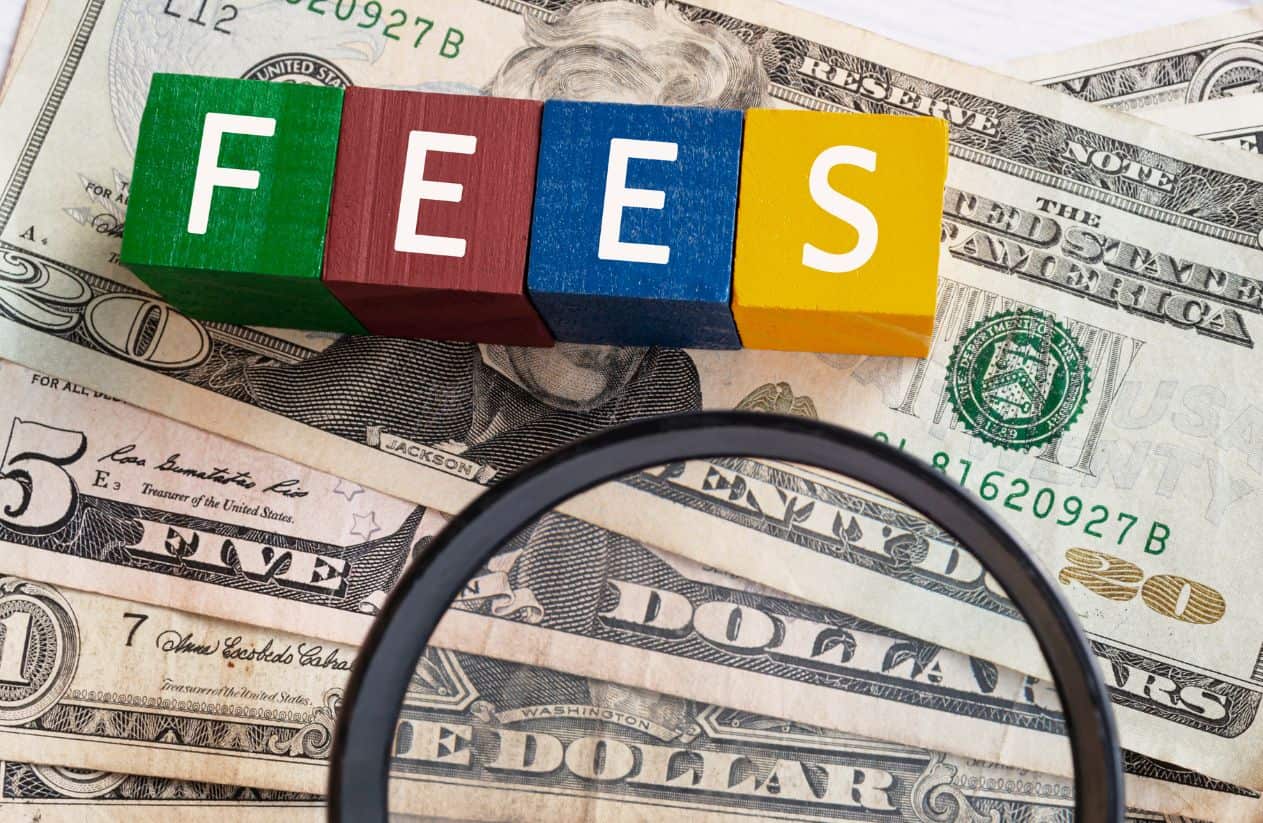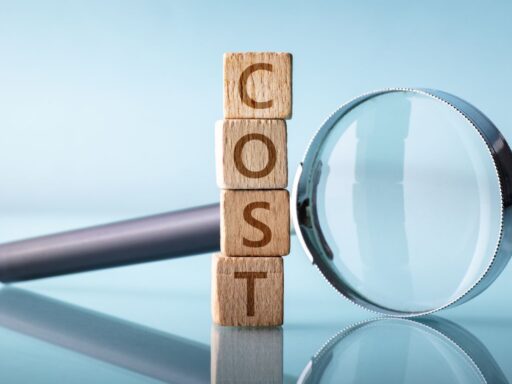
Deciphering Event Planner Fees: Types and Structures
When it comes to hiring an event planner, understanding the different fee structures and types of charges can help you budget effectively and choose the right professional for your needs.
Event planners typically tailor their pricing models to the scale and complexity of an event, which means the way they charge can vary significantly.
Here’s a deep dive into the most common pricing structures you’ll encounter.
Flat Rate Fees
A straightforward and predictable option, flat rate fees are preferred by clients planning events with a well-defined scope.
Under this model, an event planner evaluates the overall requirements and provides a single price that covers all their services.
It’s essential to understand what is included in this rate (and what is not) to avoid unexpected costs.
Flat rates work best for smaller, less complex events or when the planner has a clear, comprehensive understanding of what the event will entail.
Percentage of Expenses
Another common pricing method is charging a percentage of the total event expenses.
This approach is highly transparent and aligns the interests of the planner with those of the client, as the planner’s fee grows with the scale of the event. Typically, percentages range from 10% to 20%, depending on the event’s complexity and the planner’s level of involvement.
Clients should clarify which expenses are included in the base from which the percentage is calculated to avoid surprises.
Hourly Rates
For clients who need more flexibility or are managing most of the planning themselves, opting for an hourly rate can be advantageous.
This method is especially suitable for consulting work or partial planning services.
Hourly rates allow clients to pay only for the time they use, making it a cost-effective solution for smaller tasks or last-minute event assistance. It’s crucial, however, to keep track of hours to ensure that the project remains within budget.
No matter which pricing structure you lean towards, thorough communication and clarity in contract terms will ensure a smooth collaboration with your event planner.
Understanding thesefee structures allows you to make informed decisions tailored to your event’s specific needs and constraints.
The Cost Impact of Your Event’s Size, Location, and Complexity

Understanding the financial implications tied to the scale, whereabouts, and intricacies of your event is vital in managing expectations and budget planning.
The interplay of these elementssignificantly influences the bottom line of any event, making it crucial for both event planners and clients to grasp their combined effect early in the planning process.
Decoding the Scale Factor
Thesize of your event directly correlates with its cost – a straightforward concept that holds many layers of complexity.
For starters, larger events require more resources: more space, more staff, and more materials, all of which add up.
This isn’t just about the number of attendees but also about the space necessary to accommodate them comfortably, the number of sessions or activities planned, and the overall duration of the event.
Keep in mind that economies of scale can apply; per-person costs might decrease as attendee numbers increase, but the overall budget will still grow.
Location Considerations
The choice of location can drastically alter your event’s cost structure.
Hosting in high-demand areas or cities known for their events infrastructure can command premium pricing not only for venue space but also for accommodation, transportation, and local services.
Additionally, the geographical area influences the cost of supplies and labor. For example, prices in major metropolitan areas will generally be higher than those in smaller cities or rural locations.
On the flip side, awell-chosen location might enhance attendance, making the investment worthwhile.
Finally, the complexity of your event can be a significant cost driver. Events requiring specialized equipment, high-tech AV setups, intricate decor, or gourmet catering will incur additional costs.
The level of personalization and detail, from customized swag to personalized programming, can also add layers of expense.
Furthermore, complex logistics involving multiple venues, transportation for attendees, or elaborate setup and teardown phases demand meticulous planning and inevitably, a greater budget allocation.
To sum up, understanding how the size, location, and complexity of your event interact is crucial for effective budget management and ensuring the event delivers the desired impact within financial constraints.
Engaging with these factors early in the planning process allows for strategic decisions that align with your event goals and budget.
Related Content:Effective Communication Tips for Booking Live Performers
How to Budget for an Event Planner: Tips for Musicians, DJs, and Entertainers

Planning an event that warmly welcomes your unique talents as a musician, DJ, or entertainer requires more than just showing up and performing.
Behind the scenes, a significant part of the magic is often organized and executed by an event planner.
Budgeting for an event planner is essential to ensure your performance not only captivates but also occurs seamlessly. Here are some invaluable tips to consider.
Understand Event Planner Fees and Services
First and foremost, familiarize yourself with the typical fees and services offered by event planners.
Many planners operate on a flat fee, hourly rate, or a percentage of the event cost. Understanding this structure will help you assess what type of payment method aligns with your budget and event needs.
Additionally, event planners offer a variety of services, from venue selection to vendor coordination and even publicity.
Determine which services are essential for your performance to leverage their expertise without overspending.
Allocate Your Budget Wisely
Knowing your overall budget for the event is crucial before allocating a portion to an event planner.
As a musician, DJ, or entertainer, your primary expenses will likely include your fee, equipment, and possibly travel accommodations.
After accounting for these costs, evaluate what portion of your remaining budget can be dedicated to hiring an event planner.
A rule of thumb is to allocate around 10-15% of your total event budget for planning services, but this can vary depending on the complexity and scale of the event.
Negotiate and Customize Services
Don’t hesitate to discuss your specific needs and budget constraints with potential event planners.
Many are willing to customize their services to suit your requirements and help you stay within budget.
If certain aspects of the event planning process are straightforward or can be managed on your own, consider asking for partial planning services instead of a full-service package.
This approach allows you to benefit from professional expertise where it’s most needed while controlling costs.
Remember, investing in an experienced event planner can significantly enhance the quality and success of your performance.
By understanding the cost structure, wisely allocating your budget, and negotiating services, you can ensure that every dollar spent contributes to creating an unforgettable experience for your audience.
Negotiating with Event Planners: Essential Strategies for Artists

Navigating the negotiation process with event planners can often seem daunting for artists.
However, by employing some essential strategies, artists can ensure they get fair compensation and conditions that foster creative excellence.
This segment focuses on the crucial tactics required to engage effectively with event planners.
Understanding Your Value
Before entering into any discussions, it’s imperative for artists to have a clear understanding of their worth.
This valuation isn’t just about your artistic talent but also encompasses your ability to draw crowds, your social media presence, and your past event successes.
Research comparable artists and their fees to ensure your rates are competitive yet fair. Remember, being well-informed about your market value gives you a solid foundation to negotiate from.
Effective Communication Skills
Clear and concise communication is key when dealing with event planners. Be upfront about your requirements and expectations but remain open to compromise.
It’s vital to articulate your needs professionally, whether they pertain to technical provisions, performance space, or remuneration.
Also, actively listen to the planner’s needs and constraints. This mutual understanding can pave the way for a more productive negotiation.
Preparation and Flexibility
Come prepared with a well-structured proposal that outlines your performance specifics, including technical needs, duration, and pricing. However, be willing to adapt within reason.
Event planners often operate within tight budgets and rigid frameworks, so demonstrating flexibility can make you more appealing to work with.
That said, always know your non-negotiables before entering into discussions and stand firm on those points.
By adopting these strategies, artists can engage in successful negotiations with event planners, leading to fruitful collaborations that benefit all involved parties.
Related Content:Also read our article about Guide to Creating a Wedding Band Website That Books More Gigs
Understanding Event Planner Fees- FAQ Section
When navigating the realm of event planning, both performers and organizers often have questions regarding how fees are determined and what they can expect throughout the process.
This section aims to demystify some of these aspects, providing clarity on what goes into event planner pricing.
What factors affect how much event planners charge?
Event complexity, size, location, and the planner’s experience all play a role. Planners may charge flat fees, hourly rates, or a percentage of your total event budget.
Why are event planners worth the cost?
Planners can save you time and money. They have industry connections, strong negotiation skills, and can prevent or solve problems that might cost you more in the long run.
As a performer, how do planner fees affect me?
Your event planner may handle contracts and logistical details, but be aware their fee might come out of your compensation. Discuss this openly with your planner and the event organizer beforehand.
As an organizer, how do I understand the value of the fee?
Ask your planner for a detailed breakdown of their services. This should include things like vendor management, on-site coordination, and their experience level.
Always remember, that a successful event relies on transparent and open communication between all parties involved. By comprehensively understanding event planner fees, both performers and organizers can make informed decisions, contributing to a memorable and well-executed event.






